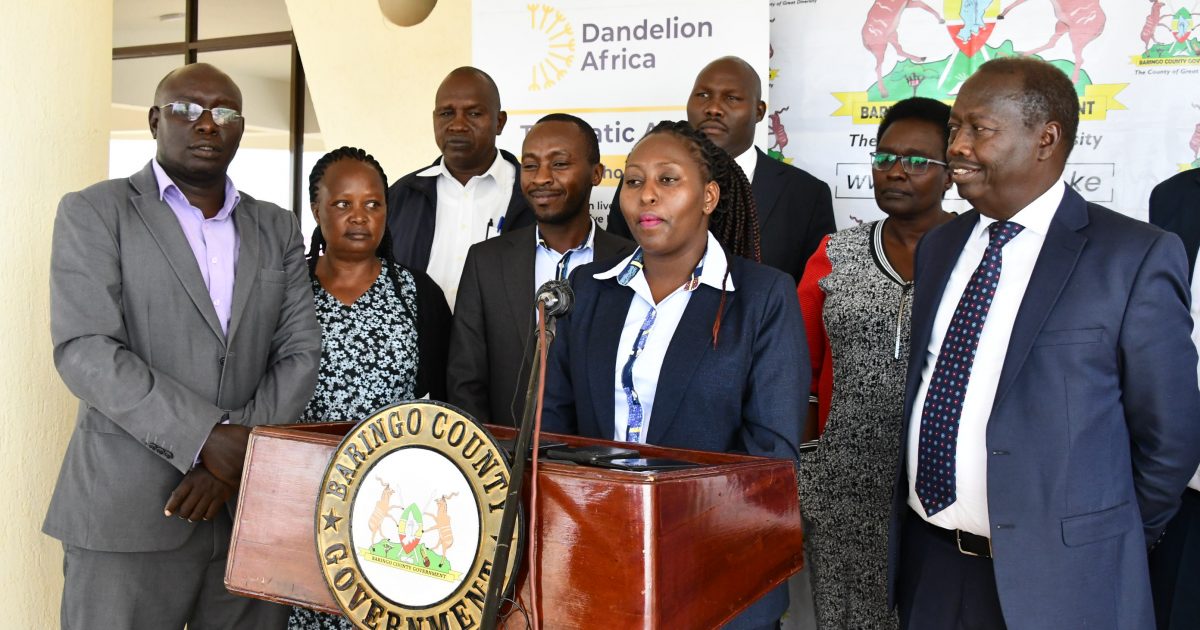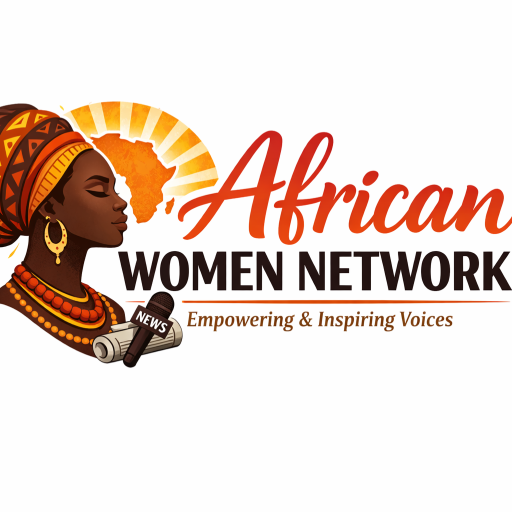
Baringo County has received a vital boost in its efforts to reduce maternal and newborn deaths following the donation of Emergency Obstetric and Newborn Care (EmONC) kits.
In Baringo, long distances and rough terrain make it difficult for expectant mothers to reach health facilities in time, putting their lives and those of their babies at risk.The equipment is aimed to help health workers respond more effectively to complications and save lives, particularly in remote areas where access to skilled care remains a major challenge.
For Emmy Cherop, a nurse and midwife at the Baringo County Referral Hospital, these new tools bring renewed hope. With over 24 years of nursing experience — seven of them as a midwife — Emmy has witnessed firsthand the struggles mothers face during childbirth.
“Working in maternity is a journey,” she says. “You walk with the mother from her first antenatal visit to delivery and even after discharge. My job doesn’t end at birth — I follow up to make sure both mother and baby are safe at home.”
Through regular postnatal visits, Emmy also educates mothers on family planning and child spacing, helping them recover and nurture healthier families.
Each month, Baringo County Referral Hospital serves about 190 expectant mothers, with nearly a quarter being teenagers aged between 13 and 18 years.
“Most teenage mothers struggle to deliver normally,” Emmy explains. “Their bodies are not fully developed, so about 70% deliver through caesarean section, and nearly half experience heavy bleeding. Many come alone, without family support, and some even suffer depression after birth.”
Overcoming Distance and Cultural Barriers
In parts of Baringo such as Marigat Sub-County, early marriage and low literacy levels mean many young women miss antenatal appointments or fail to recognize danger signs during pregnancy ,often with tragic results.
“Reaching mothers in remote areas is never easy,” Emmy says. “Traditional birth attendants are deeply trusted, so changing mindsets takes time and constant engagement.”
She recalls a heartbreaking case in Tiati, where a woman in labour waited hours for an ambulance. “We lost both the mother and her baby on the way,” she says quietly. “It’s a loss that could have been prevented with early antenatal care.”
New Kits, New Hope
The introduction of EmONC kits is transforming care delivery in Baringo. The kits enable midwives to manage emergencies on-site rather than referring patients to faraway facilities.
“These kits build our confidence,” Emmy says. “They help us respond faster and save lives, especially in lower-level health centres.”
Dr. Solomon Sirma, Baringo County Executive Committee Member for Health, emphasized that long-term solutions must come from within:
“We cannot rely solely on donors. The government must invest in maternal health. By empowering our 2,070 Community Health Promoters, we can respond faster and save more mothers and babies.”
Learning and Improving
Regular Maternal and Perinatal Death Surveillance and Response (MPDSR) meetings have also improved maternal health outcomes in the county.
“These meetings help us identify preventable causes of death, learn, and improve our response,” Emmy notes. “We’ve already seen a decline in maternal deaths.”
County Reproductive Health Coordinator Elizabeth Kigen describes the EmONC kits as “a game-changer.”
“They equip our teams to manage obstetric emergencies and reduce deaths among mothers and newborns, especially teenagers and those giving birth at home,” she says.
Empowering Communities for Sustainable Change
To sustain the gains, the county health department is planning refresher trainings and maternity open days to educate communities on safe delivery, antenatal care, and postnatal follow-up.
Behind every safe delivery is a network of dedicated health workers, community health promoters, and families united by a common goal ,ensuring mothers and babies survive and thrive.
Baringo’s experience shows that when midwives are well-equipped, when communities are informed, and when health systems are strengthened, preventable maternal deaths can be stopped.
As Emmy concludes:
“Every mother’s life matters. No woman should die while giving life.”




